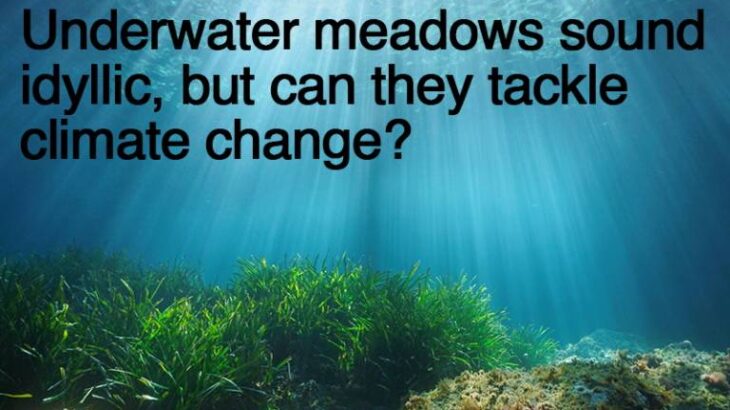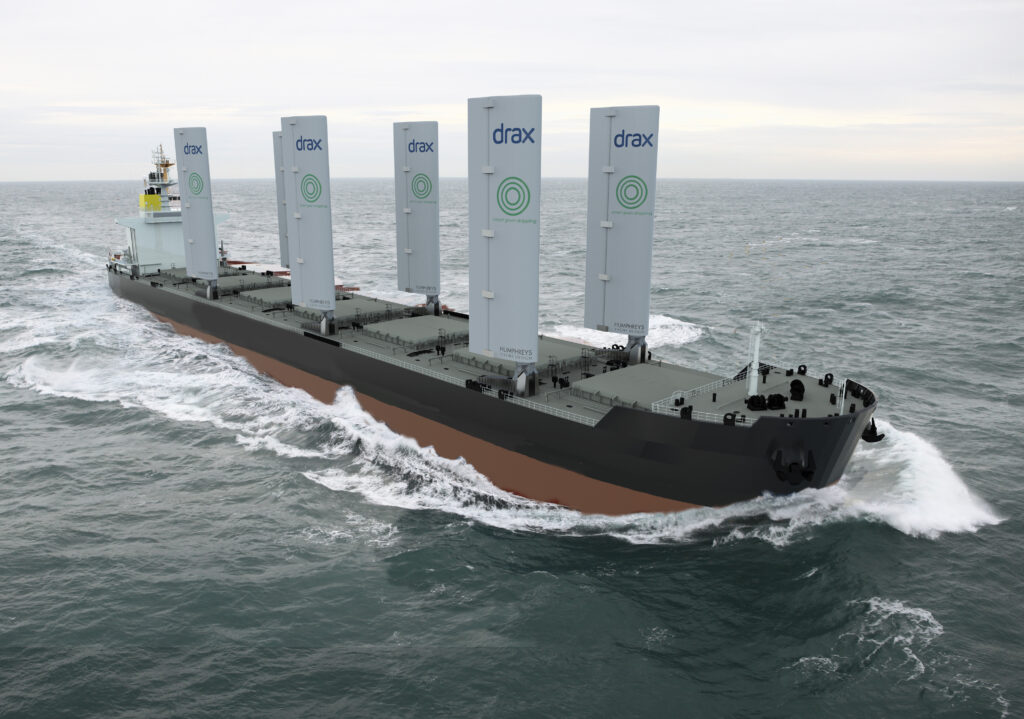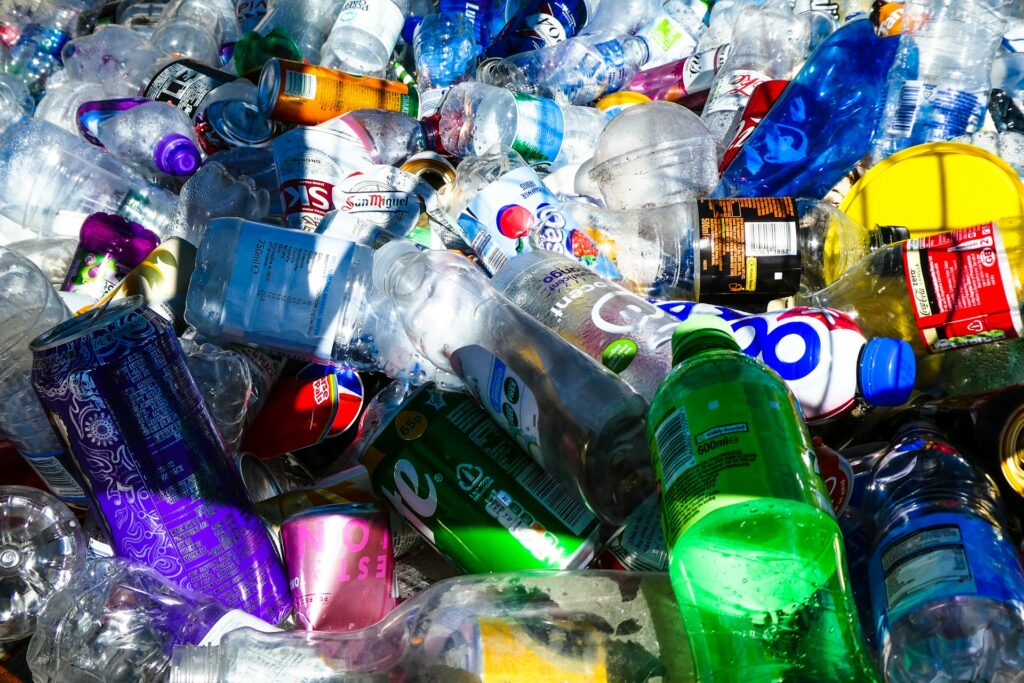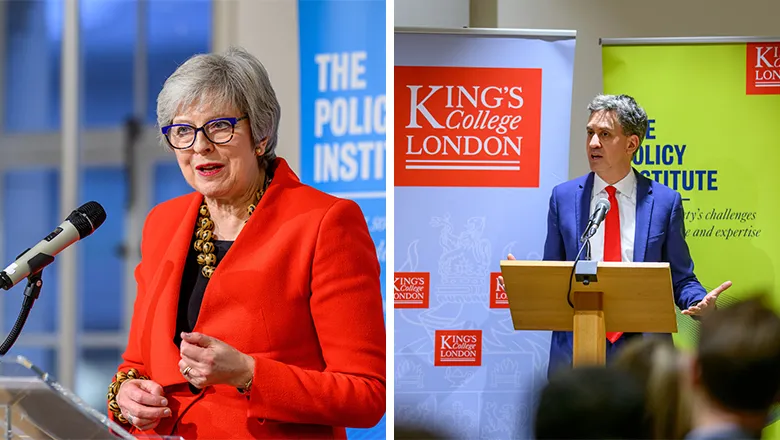Reflections on COP28: how our partner universities are inspiring a green revolution

COP28 made progress in the international agreement to move towards a greener future. The agenda for 2023’s COP (Conference of the Parties) covered fast-tracking the energy transition, fixing climate finance, focusing on nature, people, lives, and livelihoods, and inclusivity.
Around 200 nations were represented in the talks in Dubai, with twice as many delegates as ever before. It was the first time that countries agreed on the need to transition away from fossil fuels in energy systems in “a just, orderly and equitable manner… so as to achieve net zero by 2050 in keeping with the science”. Steps were also taken towards pay-outs from a US$400m Loss and Damage Fund by richer countries to poorer countries affected by climate change.
Universities and the ground-breaking research from their dedicated teams have long influenced the conversations and change connected to COP – and the work from our partner universities is no exception.
University College London (UCL)
Every year, UCL assembles a dedicated team of experts from diverse disciplines within the university to participate in COP. For COP28, it was the first time UCL sent a representative from the student body, the Student Union Affairs Officer, and a member of professional services. Across the conference, the team presented their findings to delegates, participated in other talks, and compiled reflections on their learnings.
Outside of COP, UCL’s Generation One campaign provides the science behind activities across the university, governments, and communities. It helps to give clear actions that the public can get involved with and signposts to other organisations. Recent studies have included research into marine ecosystems and carbon capture, making green technologies accessible to all, and how we can talk about climate change in a less combative manner. UCL’s Climate Hub is part of the Generation One initiative and aims to bring together minds, perspectives, and expertise to further conversations and innovation across the different disciplines.
Generation One sits alongside the new People and Nature Lab based at UCL East. This living laboratory houses collaborative workspaces and an experimental roof terrace where researchers can test new green technologies and ideas in a controlled environment to show how nature and humans coexist.
The UCL Grand Challenges initiative provides enhanced support for collaborative work, particularly between different disciplines and partners outside of UCL. In 2023/24, the theme is the grand challenge of the climate crisis. Professor Lisa Vanhala and Professor Mark Maslin were appointed as Pro-Vice-Provosts to lead the programme and both led the UCL delegation at COP28.
University of Southampton

The University of Southampton’s Sustainability and Resilience Institute brings together different academic disciplines and research inside and outside the university to establish evidence-based solutions and collaborative work in sustainability. The institute’s main themes are renewable energy and decarbonisation, climate change and health, nature-based solutions, sustainability methods and tools, and the United Nations Sustainable Development Goals.
One area of research is using wind to power large vessels to assist in decarbonising the UK’s maritime sector. The ‘Winds of Change’ project, led by Dr Joseph Banks from Southampton’s Marine and Maritime Institute, is partnered with the UK company Smart Green Shipping to retrofit ultra-modern FastRig wing sails to modern vessels.
The team will use new software tools to accurately monitor how these vessels perform on the ocean while using these sails, hoping the findings will drive further investment in the UK’s marine green technology sector.
Recently, two new engineering projects have been launched to design, build, and test devices that can radically improve our ability to measure water pollutants.
This research splits into two areas around water quality. The first, led by Professor Xize Niu and in collaboration with the Centre for Ecology and Hydrology, will provide near real-time data through a low-cost sensor that can monitor multiple nutrients in freshwater for extended periods.
The second project uses a new sampler to detect organic chemicals, such as pharmaceuticals, pesticides, and industrial products in waterways using a new sampler. This research is led by Dr Adrian Nightingale in collaboration with Professor Gary Fones from the University of Portsmouth.
Such is the potential impact of these projects that the Natural Environment Research Council has awarded researchers a total of £900,000 as part of a £12m investment by NERC and Defra into 13 projects nationwide assessing the state of UK waterways, habitats, soil and air.
University of Cambridge
A significant step in the university’s work in the race to net zero is the opening of the new Whittle Laboratory, which the king broke ground on in May 2023, having visited the site in 2020 and 2022.
The £58m facility aims to become a world leader in net-zero aviation and energy by halving the time it takes to develop technologies that support a sustainable aviation industry.
Whittle’s new site will include the Bennett Innovation Laboratory – a radical multidisciplinary innovation centre that brings together world-leading experts – and the UK’s National Centre for Propulsion and Power. Built around a fast feedback model pioneered in Formula One, this centre will help to cut the time to develop technologies from years to months. It also houses the Aviation Impact Accelerator, where researchers are developing an interactive, open-source, whole-system simulator that can map pathways and accelerate the journey to climate-neutral aviation.
Alongside Whittle, climate research and innovation are happening across different departments.
Researchers from Cambridge’s Centre for Advanced Research and Education in Singapore and the Berkeley Education Alliance for Research in Singapore have made breakthroughs in low-carbon fuels and chemicals. Using the steps identified by Berkeley’s Melvin Calvin in the 1950s, the eCO2EP team has shown how carbon dioxide emitted during industrial processes can be turned into useful compounds – a process known as electrochemical CO2 reduction (eCO2R). The challenge of this process has always been the inability to control the end products. This new approach will allow scientists to control product selectivity and promote eCO2R as a more promising production method for chemicals and fuels in the low-carbon economy – helping the chemical industry recycle its waste using current manufacturing processes.
Results from another study by the University of Cambridge have demonstrated how a solar-powered reactor can convert captured CO2 and plastic waste into sustainable fuels and other valuable chemical products – another step towards future-facing clean fuels.
Inspired by photosynthesis, the team took CO2 from real-world sources like industrial exhausts or the air and converted it to sustainable fuel. The project’s next phase is to build a bench-top demonstrator device with improved efficiency and practicality before scaling up.
Imperial College London
Imperial College London has a long-standing history of work in the environmental field, and since 2007, its Grantham Institute has been a leading authority on climate and environmental science. The institute houses the university’s hub for climate change and is one of Imperial’s Global Institutes, which promotes interdisciplinary working towards the climate crisis.
Recent research into climate science has included the Imperial College Storm Model (IRIS) project, which supports scientists and the wider public to predict the likelihood of tropical cyclones, hurricanes, or typhoons using Dreamlab. This understanding can help build resilience and potentially reduce the damage they cause by bettering communities’ understanding of when a storm might hit and what its damage could be.
Alongside this, one of the world’s most established specialist climate accelerators – The Greenhouse by Undaunted, a partnership between Imperial and the Royal Institution – has grown from the Grantham Institute. Some of the programmes that link with The Greenhouse include:
– The MSc Cleantech Innovation programme for aspiring climate entrepreneurs.
– The Greenhouse programme to nurture early-stage climate-positive ideas that involve climate and fundamental science, engineering, and entrepreneurship.
– The Accelerating to Net Zero Executive Course, a six-week programme to introduce the foundation of climate science and its application.
University of Oxford

An initiative that’s making waves across 500 educational institutes is Nature Positive Universities. Developed by the University of Oxford’s Department of Biology in collaboration with the United Nations Environment Programme – and spearheaded by Professor EJ Milner-Gulland – the focus of this network is to promote nature on campuses, in supply chains, and within cities and communities. From the California Institute of Environmental Design and Management (CIEDM) to the University of Turku, Finland, a variety of different projects, workshops, research, and conferences have come from the initiative, which has inspired senior managers from across the world to pledge and provide a framework for actionable change.
Next to the Nature Positive Universities initiative is the Oxford Martin Programme on The Future Of Plastic. The campaign examines the role of plastics in the carbon story to create a new plastics economy where future plastics are fully recyclable but ultimately degradable.
Recently, researchers from the programme have proposed an ambitious roadmap for redesigning our global relationship with plastic – this includes using optimum production methods and appropriate use of resources. This roadmap will shift the focus to using plastics made without using fossil fuels but with the ability to recycle 95% of it – creating a new circular economy for plastics.
Cutting emissions from aviation is another huge climate problem that researchers from the University of Oxford are taking on. A team from the Department of Engineering Science has worked with Rolls Royce to develop the initial lab work of their new approaches to cool high-pressure blade tips in aviation. This concept will make engines more efficient, requiring less maintenance in the long term, which overall will make them more economical and enable the use of carbon-neutral or carbon-free fuels. After being tested in the university’s Southwell Laboratory, a patent has been filed, and the post-doctoral researcher working on the project, Dr Joao Vieira, is now working at Rolls Royce.
King’s College London

King’s College London has long been committed to its role as an advocate of net zero, working with international governments and policymakers to make changes in climate policy. This was reflected in the presence of financial experts from King’s at COP28, and a recent discussion on climate policy by Theresa May and Ed Miliband hosted by the Policy Institute. Organised by the Mission Zero Coalition, the achievements of COP28 in Dubai were dissected by an industry panel.
The university’s focus on its wider mission to drive industry transformation has seen it open the Net Zero Centre and Centre for Sustainable Business – two major initiatives which aim to combine expertise from inside and outside the school. Such collaboration has already proven fruitful.
In a paper published together with Imperial College Business School and Foresight Sustainable Forestry Company Plc, researchers from King’s have shown how the UK could be a world-leader in the global carbon market by admitting the Woodland Carbon Code into the UK Emissions Trading Scheme. This is based on the theory of commercial afforestation – the establishment of a forest in an area where there was no recent tree cover. Researchers have shown that this move would economically release up to 26% more of land considered appropriate for woodland creation. This would take the UK much closer to achieving the government’s national Net Zero by 2050 target.
Along with collaborative work outside of the university, internally, huge steps are being taken towards some of the planet’s biggest climate-based challenges. One example being the recent breakthrough in chemical recycling, which will achieve full degradation of plastics within 24 hours. Scientists have found that enzymes typically found in biological laundry detergents can break down landfill-bound bioplastics, converting the items into soluble fragments. This innovation could be used as a widespread recycling solution for single-use PLA plastics as it’s also able to convert them into monomers (single molecules), which can be turned into high-quality plastic for multiple reuse. This unlocks the potential of a truly circular economy of plastic usage.
Queen Mary University of London
For information about climate change activities at QMUL, please visit its website.


